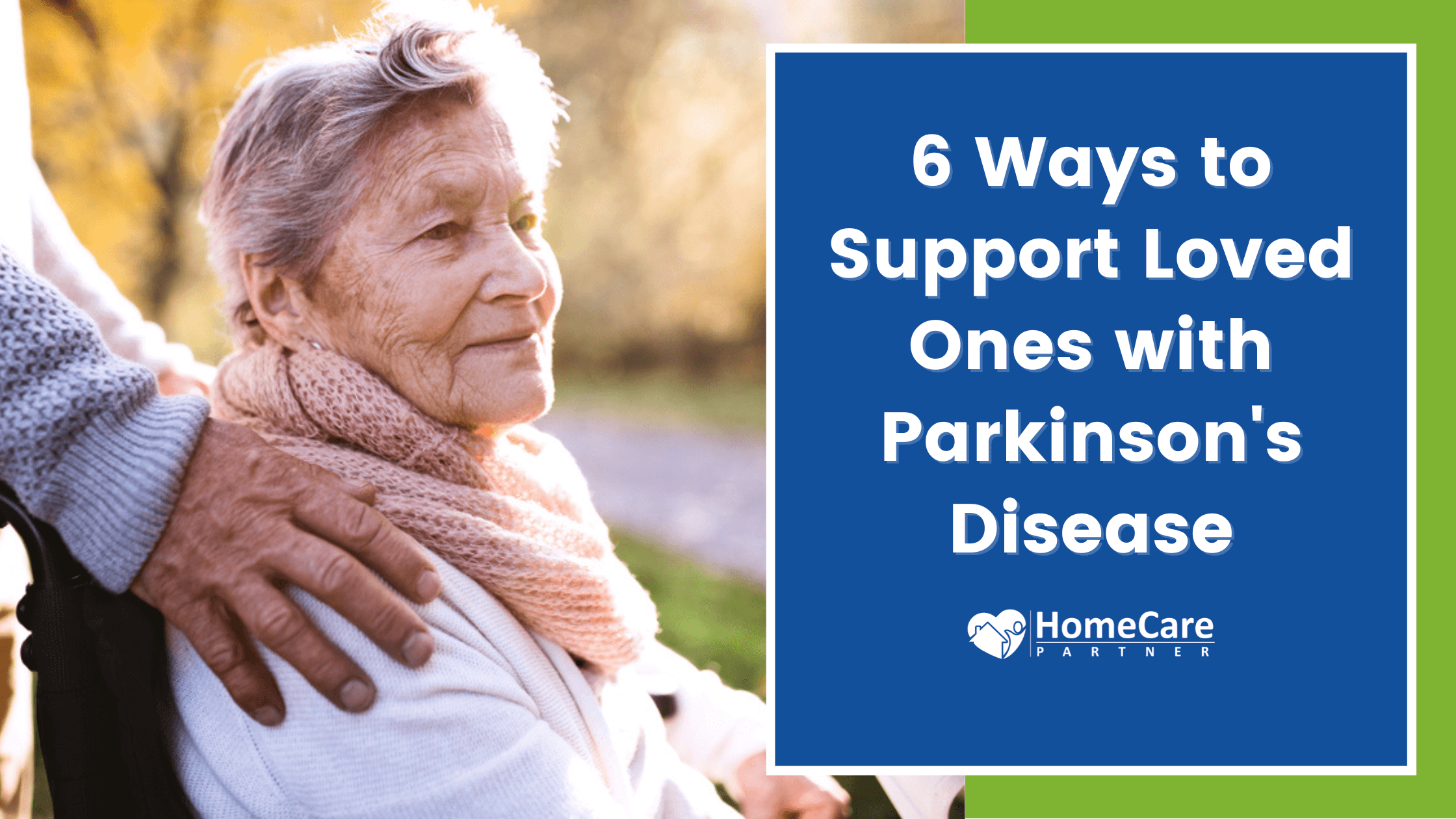


Around 60,000 people suffer from Parkinson's disease every year in America. The patients suffering from this progressive disease need extra care, love, and support to bear the mental and physical constraints they have developed due to the disorder.
Caring for your loved ones with Parkinson's disease can be a demanding job. The fact that it is a progressive disease and affects the patient's movements makes it even more important for you to stay vigilant and updated constantly as the primary caregiver.
Check out these six ways to provide the needed support to your loved one with Parkinson's disease.
There is no way you can be 100% prepared for the role of a caregiver. Once you are in the role, you might misinterpret the requirements due to a lack of information. Keeping yourself informed about the needs of the Parkinson’s patient is important. Talk to them about their needs and find common ground to make sure they feel helped without feeling helpless or low on self-esteem.
Parkinson's disease is a progressive disorder, making its symptoms highly unpredictable and rapid. If you are going to be the one to take care of your loved one with Parkinson's, you can start by understanding the disease. Parkinson's disease isn’t going to be the same for every person. Knowing various symptoms, risk factors, and warning signs is important. You can find helpful reading material about the disorder on Parkinson's Foundation's website and gather information by talking to other caregivers who have been dealing with people with Parkinson's disorder every day.
Being vigilant becomes even more crucial when caring for your elderly loved ones with Parkinson's disease. Old age makes them more vulnerable, and with their movements affected by Parkinson's, they are prone to life-threatening accidents and falls. The tremors and muscle stiffness are two common symptoms of Parkinson's disease. Assisting them with walks and other physical tasks is important to avoid falls and injuries.
Accompany your loved one to the hospital on their routine and ER visits. As a caregiver, you are the best person to represent the health concerns of your loved one. You are aware of their medical condition and have observed the new symptoms. That's why it is important that you:
You should have patience when caring for your loved ones with Parkinson's disease. Your loved one might lose their ability to walk without assistance or talk fluently. While the speech therapist works on strengthening their speech volume and the physiotherapist helps them with muscle-strengthening exercises, your responsibility remains to stay patient when they experience these symptoms. Encourage them to try slow walks when they struggle to walk and motivate them to express themselves no matter how difficult it may seem. Don't rush and match their pace when talking to them.
It is easy to lose yourself when providing continuous care to a loved one with Parkinson's disease. Feeling frustrated or tired can be frequent when you are in a continuous caregiver role. Do not ignore or brush away such emotions. Make time for yourself and visit your friends or indulge in activities that refresh your mind. Taking care of yourself is necessary because if you are not mentally and physically well, you won't be able to care for your loved one properly. Give yourself the due credit and care you deserve.
Caring for your loved one comes naturally, but when they are suffering from a complex disease like Parkinson's disease, you will need guidance and tips to sail through the difficult times. The tips mentioned above will make your job easy and help you in your caregiving journey. But if you find it difficult to provide appropriate care to your loved ones, then professional in-home care services are best for you. In-home caregivers provide a great aid when you have time and other constraints. These trained caregivers fill your shoes perfectly and care for your loved ones with 100% commitment.
Are you looking for in-home caregivers for your loved ones suffering from Parkinson's disease in Los Angeles, California? If yes, then Home Care Partner is the right choice for you. Our caregivers are highly trained and will provide customized care that fits the needs of your loved ones. From personal care to companionship, our professional caregivers are always ready to serve the needs of your loved ones. Contact us today to learn more about our in-home care services.

Home Care Partner wants you to be confident in choosing us. We want to show that our care is unmatched!

Get 20% OFF a week's worth of care!
We want to show you that our care is unmatched.
Leave a Reply
Your email address will not be published. Required fields are marked *